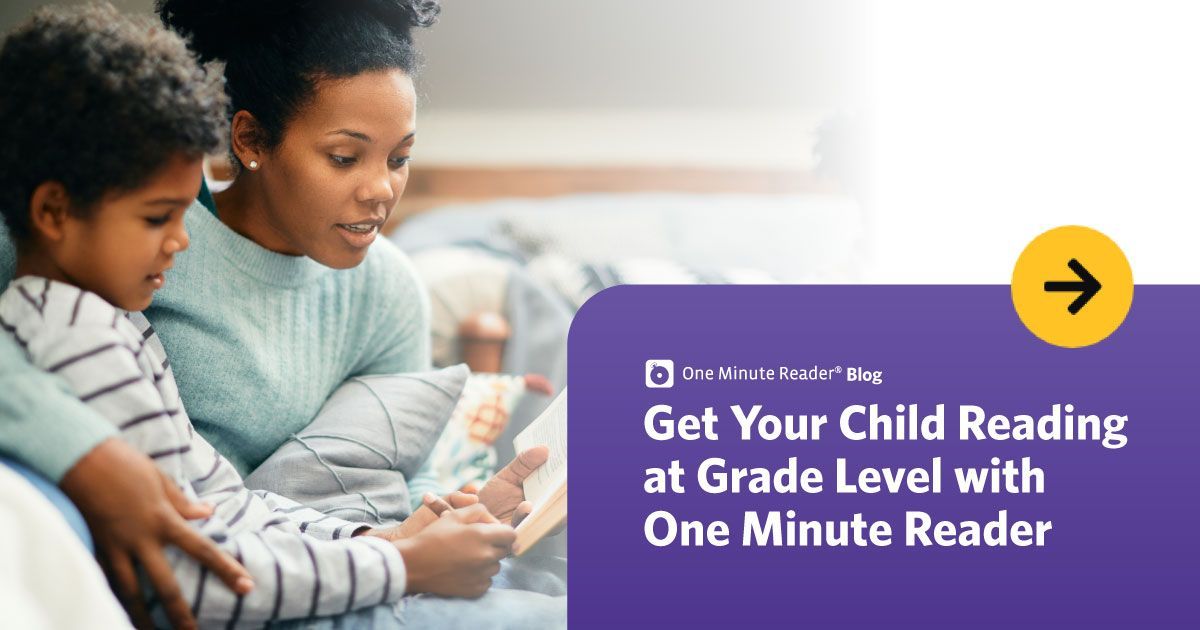Blog
Read Aloud and Reap the Benefits
Have you considered incorporating a read aloud routine into your plans?
No student is too old or too young to enjoy reading along with a close family member or friend, and the benefits are immense. Research supports that reading aloud to someone directly helps that person build the knowledge required for success in reading. Those who are read to on a regular basis gain language and literacy skills earlier and more quickly than those who are not. When a caring person reads to another, vocabulary, decoding, and comprehension skills improve. Most importantly, reading becomes associated with love, which helps foster a lifelong love of reading.
Read aloud time is also a great opportunity to help your child develop reading stamina. By taking turns reading, your child gets to exercise their reading abilities while benefiting from your feedback and support. Over time, you can gradually extend the number of pages or duration your child spends reading.
Readaloud.org is a wonderful resource devoted to this important practice. The Book Selections page includes suggestions for every age group through the age of 8. For additional book suggestions, check out our free book lists!
Highlighted Posts


Ready to see an improvement in your child's reading?
Sign up today and get seven days for FREE.
One Minute Reader is just $8 per month after your free trial.
